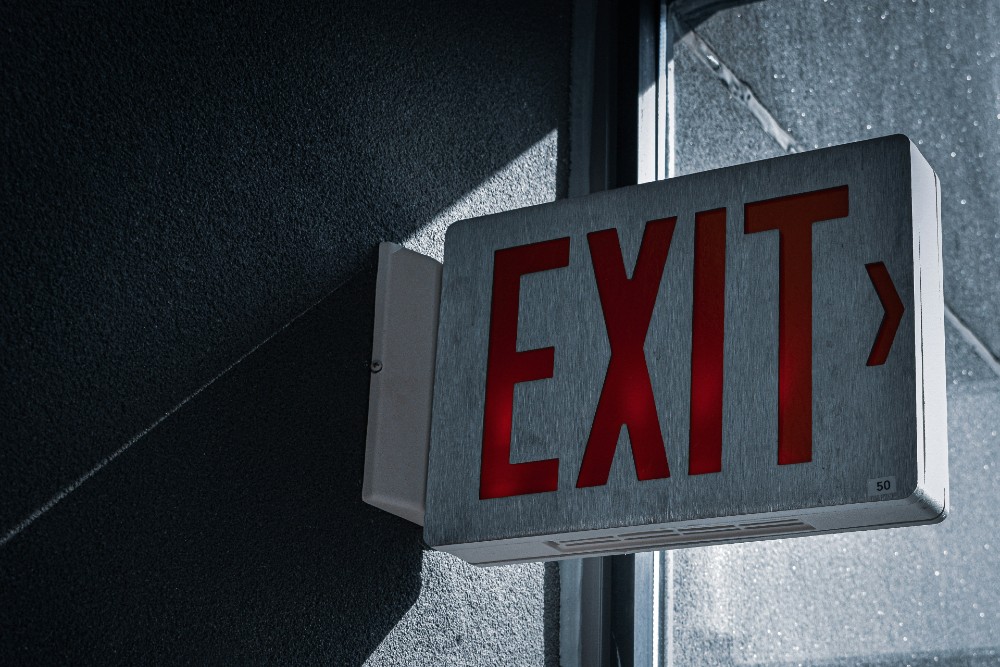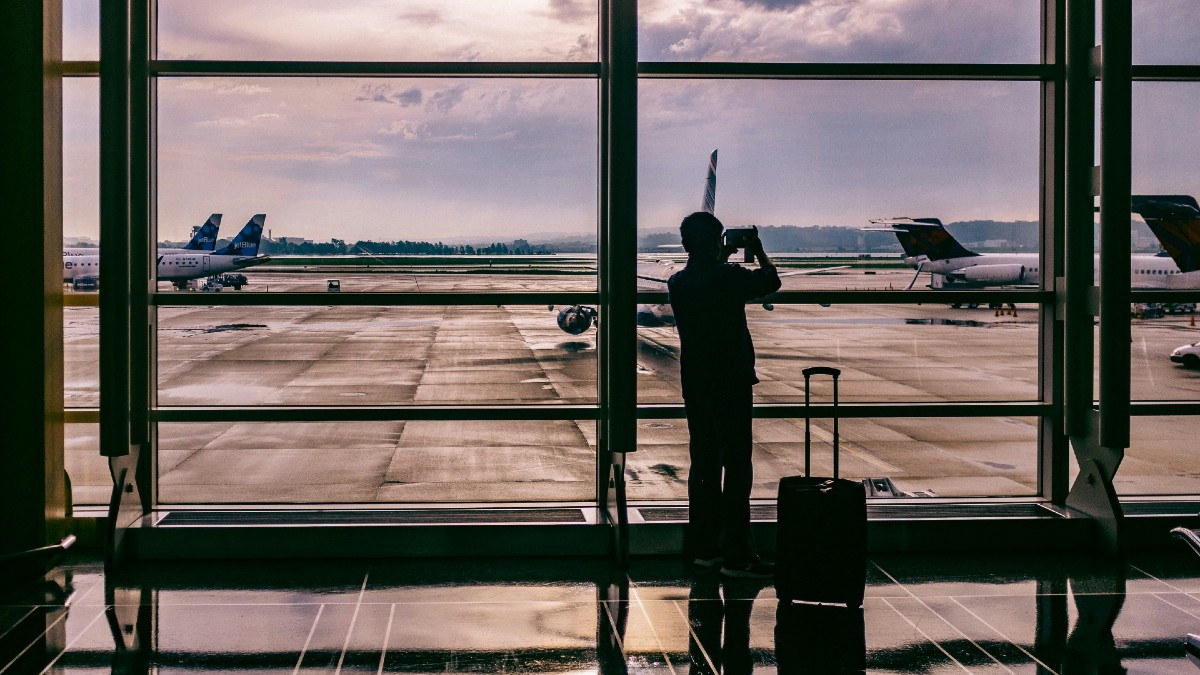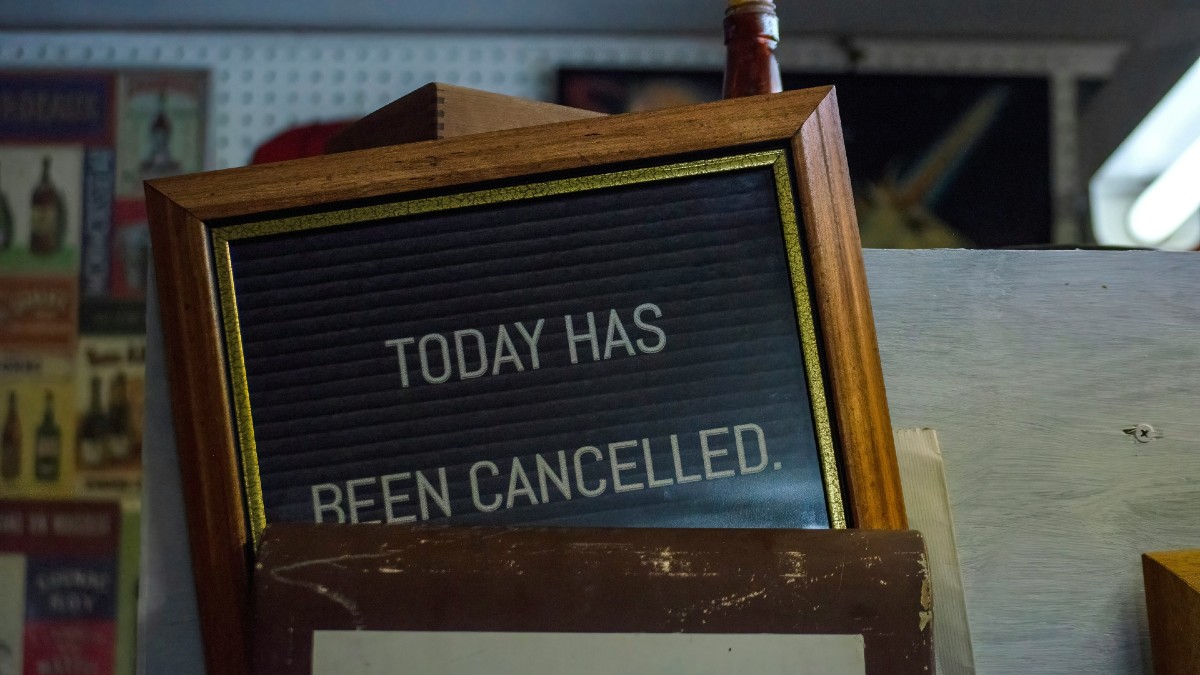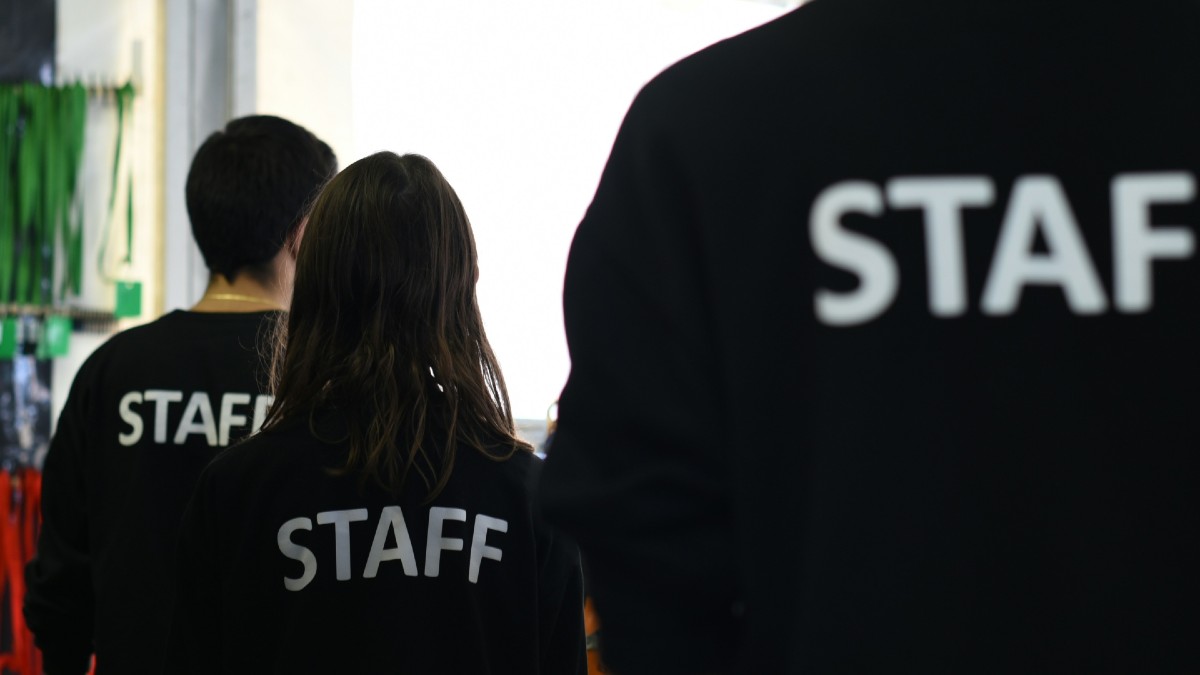
Written by: Cara Tirona
October 24, 2024
Events are a great way to bring people together for various purposes such as celebration, networking, education, and entertainment. However, organising an event also comes with the responsibility of ensuring the safety and security of all attendees. From small community gatherings to large corporate events, event safety and security should always be a top priority.
In this guide, we will discuss essential event safety and security tips that every event organiser should be aware of. We will cover topics such as risk assessment, emergency planning, crowd control, and communication.
Implementing Event Safety Protocols
The first step in ensuring event safety is to have a well-planned and documented safety protocol in place. This includes conducting a risk assessment of the event venue, identifying potential hazards, and putting measures in place to mitigate those risks.
Understanding Legal Requirements
Before organising an event, it is important to understand the legal requirements and regulations related to safety and security. This may include obtaining necessary permits, adhering to fire codes, and following venue-specific guidelines. Failure to comply with these regulations can lead to legal consequences and compromise the safety of attendees.
Navigating Event Contracts: Essential Insights Before You Sign
Customising Safety Protocols for Different Events
Each event is unique and may require different safety protocols. For example, a high-profile corporate event may have stricter security measures in place compared to a small community gathering. Event organisers should assess the type of event and its potential risks to customise safety protocols accordingly.

Communicating Safety Information to Attendees
It is essential to communicate safety information and protocols to attendees before and during the event. This can be done through various means such as email, social media, or on-site signage. Clear communication about emergency procedures, evacuation routes, and prohibited items can help prevent accidents and ensure a smooth response in case of an emergency.
Risk Assessment
Before organising an event, it is important to assess any potential risks that may arise. This can include hazards such as extreme weather conditions, fire hazards, or potential criminal activity at the event venue. Conducting a thorough risk assessment will help you identify potential areas of concern and develop strategies to mitigate them.
Some key factors to consider during a risk assessment include:
Venue safety: Is the event venue equipped with proper fire exits, first aid kits, and emergency lighting? Are there any structural or electrical hazards that need to be addressed?
Attendee demographics: Who will be attending the event? Are there any specific needs or potential risks for certain groups, such as children or elderly individuals?
Activities and entertainment: Will there be any activities or entertainment at the event that may pose a safety risk, such as fireworks or alcohol service? If so, what precautions need to be taken?
External factors: Are there any external factors that could affect the safety of the event, such as nearby construction or protest activity?
Weather considerations: It's crucial to keep an eye on the weather forecast leading up to the event and have contingency plans in place for extreme weather conditions. This may include plans to move the event indoors, modify the schedule, or even postpone the event if necessary to ensure the safety of all participants.
By conducting a thorough risk assessment, you can identify potential hazards and implement measures to prevent or mitigate them.

Venue Assessment
The venue is a critical aspect of event safety and security. It's essential to assess the venue not only for potential hazards but also for its overall suitability in terms of capacity, accessibility, and emergency procedures.
Here are some key aspects to consider when assessing a venue:
- Capacity: Is the venue suitable for the expected number of attendees? Are there any limitations or restrictions on the number of people allowed in certain areas?
- Accessibility: Is the venue easily accessible for all attendees, including those with disabilities? Are there proper ramps, elevators or designated seating areas available?
- Emergency procedures: Does the venue have a clear and well-documented emergency plan in place? Are there appropriate fire exits, first aid stations, and emergency contacts readily available?
- Security measures: Does the venue have a security team or protocols in place? Are there CCTV cameras, metal detectors or bag checks upon entry?
By thoroughly assessing the venue, you can identify and address any potential safety concerns before they become an issue.
Emergency Planning
No event organiser likes to think about worst-case scenarios, but it is essential to have an emergency plan in place. This plan should include procedures for handling medical emergencies, severe weather conditions, power outages, and other unexpected situations.
Components of an Effective Emergency Plan
An effective emergency plan needs to be comprehensive yet flexible enough to adapt to various situations. Key components include:
- Emergency response team: Identify individuals who will take leadership roles in the event of an emergency. This team should be trained in first aid, emergency response procedures, and evacuation protocols.
- Communication plan: Establish a clear communication plan to inform attendees, staff, and emergency services in the event of an incident. This might include public address systems, mobile alert applications, or visual signals.
- Evacuation routes and assembly points: Ensure that clear evacuation routes are marked and that assembly points are designated and known to all event staff and attendees. Regularly review and practice evacuation procedures to prepare for potential emergencies.
- Medical facilities and personnel: Coordinate with local emergency services or hire professional medical personnel to be on-site during the event. Ensure that first aid stations are visible and easily accessible.
- Weather monitoring and response: For outdoor events, continuously monitor the weather conditions and have a plan in place for severe weather events. This could involve temporary shelters or rescheduling of the event.
By meticulously planning for emergencies, event organisers can significantly reduce the impact of unforeseen incidents and protect the safety and security of all participants.

Training Staff for Emergency Situations
Events involve a large number of people, and it's crucial to train staff on emergency procedures to ensure they can act quickly and efficiently in case of an incident. Some key training areas include:
- First aid and CPR: Staff should be trained in basic first aid and cardiopulmonary resuscitation (CPR) techniques.
- Emergency response procedures: Make sure all staff members are aware of the emergency plan and their roles in case of an incident.
- Communication and evacuation procedures: Staff should be trained on how to communicate with attendees and guide them towards the designated assembly points.
- Crowd control techniques: Train staff on how to manage large crowds, prevent overcrowding, and safely evacuate attendees if necessary.
Crowd Control
Crowd control is a crucial aspect of event safety and should not be overlooked. Large crowds can pose a significant risk if not managed properly and can lead to accidents, injuries, or even stampedes. Here are some tips for effective crowd control at events:
- Limit attendance: Consider capping the number of attendees to ensure the event does not become overcrowded.
- Control entry and exit points: Have designated areas for entry and exit and ensure they are adequately staffed to manage the flow of people.
- Use barriers: Barriers such as stanchions or fencing can help guide crowds and prevent overcrowding in certain areas.
- Have a designated emergency assembly point: In case of an emergency, have a designated area for attendees to gather safely and follow evacuation procedures.

Essential Safety Checklist for Event Planners
Beyond having a well-defined emergency plan, event risk management involves proactively identifying and addressing potential risks to prevent them from occurring in the first place. Some effective strategies include:
- Thoroughly vetting vendors and contractors: When hiring external vendors or contractors for an event, thoroughly check their credentials and references to ensure they meet safety standards.
- Regular site inspections: Conduct regular site inspections to identify any potential hazards and address them before the event.
- Crowd management: Develop a plan for managing crowds at the event, including designated entry and exit points, controlling crowd flow, and identifying high-risk areas.
- Staff training: Provide comprehensive training for all staff involved in the event. This could include first aid training, emergency response procedures, and customer service training to handle potentially difficult situations.
- Continual risk assessment: Risk assessment should be an ongoing process leading up to and during the event. Regularly reassess potential risks and make adjustments as needed.
By implementing these strategies, event organisers can minimise the likelihood of incidents occurring and ensure the safety of all attendees.
Conclusion
Event safety is of utmost importance for organisers, as it not only ensures the well-being of attendees but also protects the reputation and success of the event. By conducting thorough risk assessments, developing comprehensive emergency plans, and implementing effective risk management strategies, event organisers can create a safe and enjoyable experience for all participants. Remember to regularly review and update safety protocols to keep up with evolving risks and ensure the success of future events.
Need help finding a venue that matches your safety requirements? Search on VenueNow for a variety of event spaces that prioritise safety and have all the necessary amenities for a successful event. Happy planning!
Looking for an event venue to hire?
VenueNow has you covered with over 2,000 venues across Australia ranging from large event spaces to small meeting rooms. Find your perfect venue for hire faster than anywhere else.
Follow us on social media to stay up to date with the latest news
Customers
Want to get in contact?
Call our support team on 1300 647 488 during business hours AEST.
Follow Us
© Copyright VenueNow 2026 | SPARE GROUP PTY LTD | ABN 22 607 830 302











